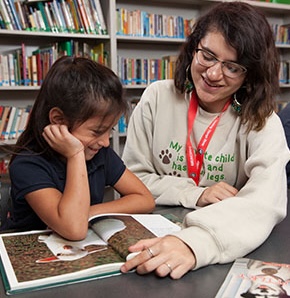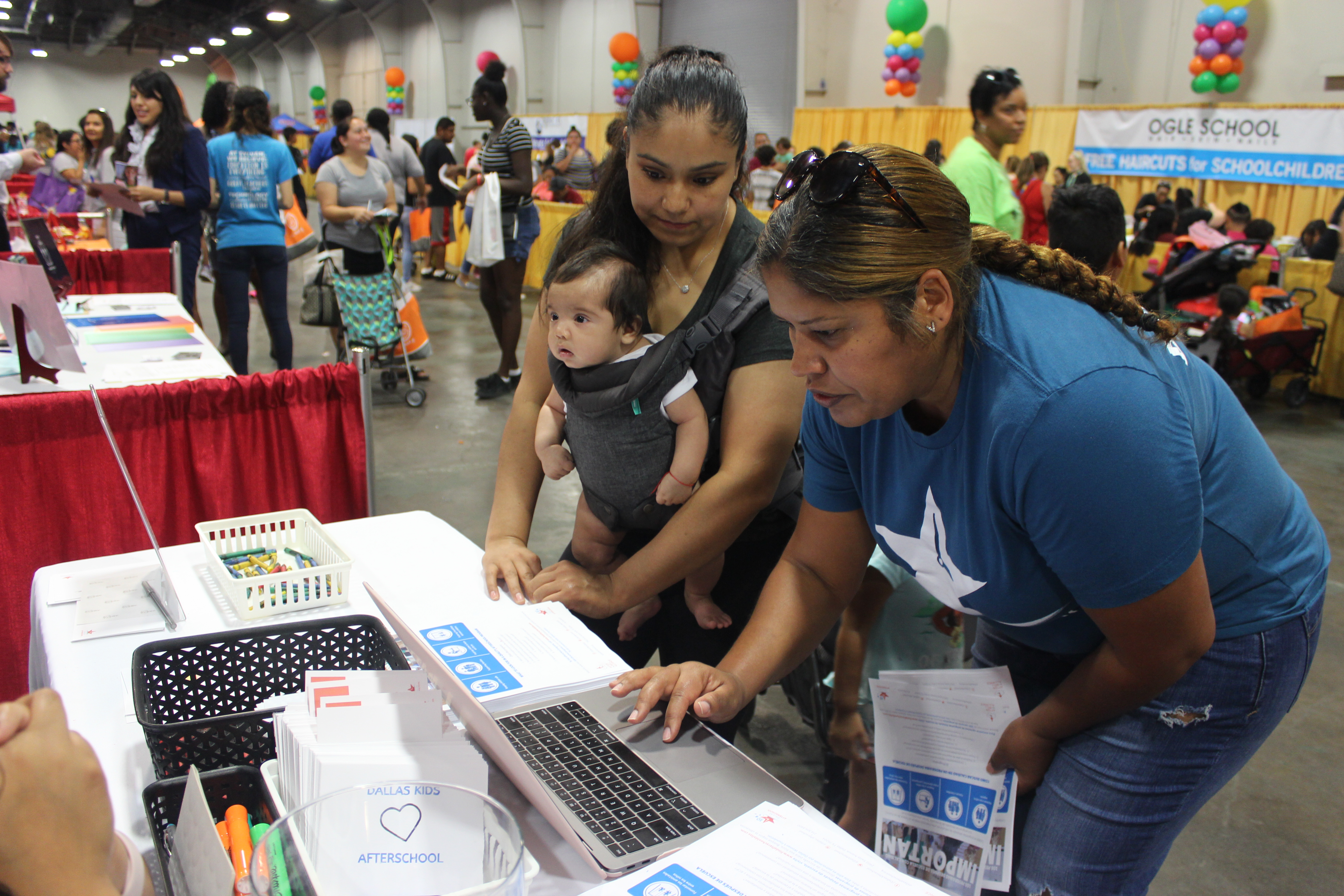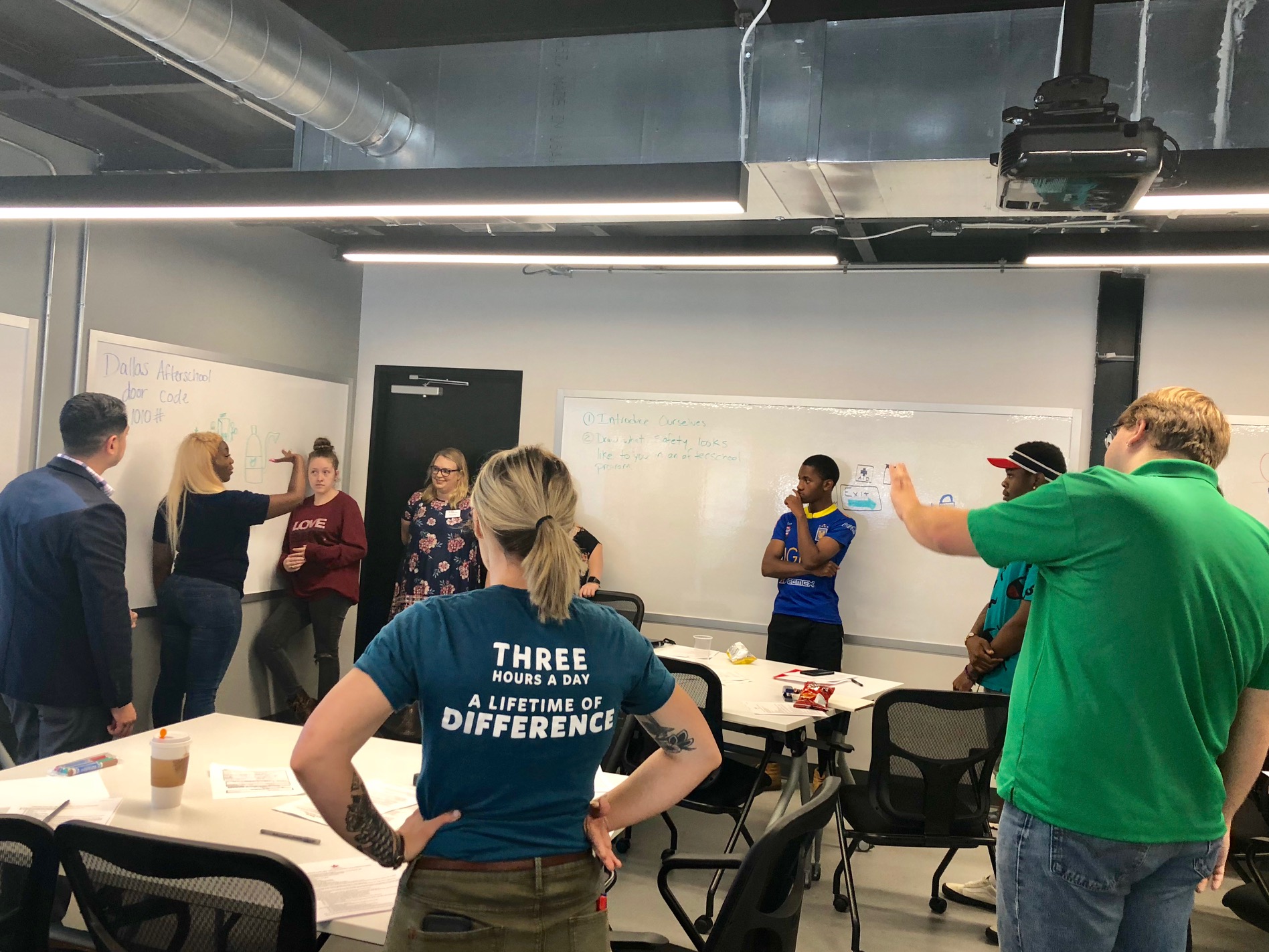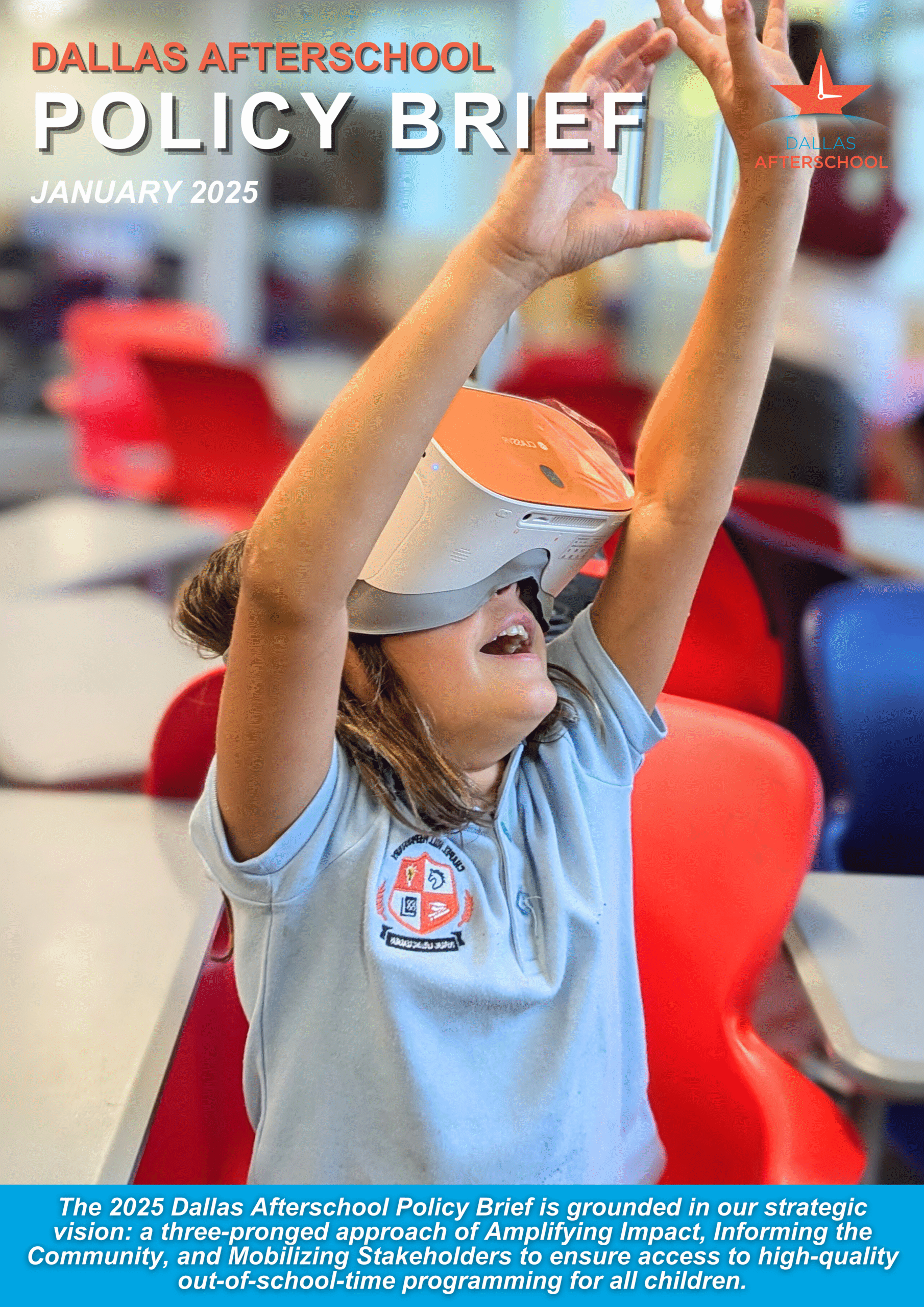Out-of-School Time Advocacy
Join The Movement
Out-of-School-Time (OST) opportunities, such as afterschool and summer programs, extracurricular activities, clubs, and sports, play a vital role in the growth and development of young individuals, who spend more than 80% of their time learning outside of school hours. How youth spend their time outside the classroom significantly impacts their social and emotional well-being, academic success, college and career readiness, and community safety, with research showing that OST programs enhance academic performance, promote social-emotional health, prepare students for future opportunities, and reduce risky behaviors.
What is Out-of-School Time?
Out-of-School-Time (OST) opportunities, such as afterschool and summer programs, extracurricular activities, clubs, and sports, play a vital role in the growth and development of young individuals, who spend more than 80% of their time learning outside of school hours.
How youth spend their time outside the classroom significantly impacts their social and emotional well-being, academic success, college and career readiness, and community safety, with research showing that OST programs enhance academic performance, promote social-emotional health, prepare students for future opportunities, and reduce risky behaviors.
Why Does Out-of-School Time Matter?
Promotes Safe Communities
Juvenile crime rates triple between the hours of 3 and 6 p.m., a time when children are more likely to engage in risky behaviors. Out-of-school-time programs provide safe, structured environments during these hours, fostering a sense of belonging and community connection.
- 83% of low-income parents believe access to afterschool reduces the likelihood of risky behaviors among students.
Promotes Youth Well-Being
High-quality afterschool programs significantly benefit low-income youth in Dallas, supporting their academic, social, and emotional development. Studies show that these programs increase attendance, grades, and graduation rates.
- 85% of students in our partner programs showed improved mental health aptitudes
- 74% received homework help
- 76% participated in STEM learning
- 87% interacted with peers and built social skills.
Supports Working Families
Afterschool programs provide crucial support and peace of mind for working parents by offering safe, reliable care for their children, which is critical for allowing parents to focus on their careers knowing their children are in a supportive environment.
- 84% of parents with a child in an afterschool program agree that the program helps them keep their job or work more hours
- 83% of parents agree that afterschool programs provide working parents peace of mind
- 85% support public funding for afterschool
Provides Food Security
75% of low-income families report that meals are important in selecting a program. In 2020, Texas averaged 83,853 snacks per day for children participating in afterschool programming.
Supports The Texas Economy
- Texas loses $1.8 billion annually in tax revenue from parents who choose not to work because of a lack of childcare.
- Texas loses around $7.59 billion in productivity every year due to employee absences caused by lack of reliable childcare.
Challenges in OST
Access & Quality
Across Texas, limited access to quality afterschool programs impacts economic growth, academic achievement, food security, and public safety. With the expiration of federal Covid relief funds: 57% of school superintendents report that they will need to reduce or eliminate outof-school-time programs this year.
Moreover, research shows that access alone is not enough—rigorous quality standards are essential. Of the 17,000 low-income students who do attend afterschool programs in Dallas County, nearly all are served by nonprofits, which, due to being free or low-cost, are exempt from state licensing requirements. As a result, anyone, regardless of training or background, can operate these programs from their apartment, church, or elsewhere without any outside training, assistance, or oversight. These gaps in access and quality limit the ability of afterschool programs to effectively close the opportunity gap for low-income students.


Workforce
The OST workforce faces an annual turnover rate of up to 70%, driven by part-time hours, low wages, limited benefits, and minimal growth opportunities. These challenges make it difficult to attract and retain skilled, committed individuals, ultimately restricting program capacity and leaving over 100,000 children in Dallas without a safe afterschool option. Research shows 87% of program leaders are concerned about staffing shortages due to:
- Staff Burnout
- Competing with Wages of other Industries
- Inability to Offer More Hours

Dallas Afterschool’s 2025 Policy Brief
Federal Policy Recommendations
- Increase Federal and State Funding for Fair Compensation in OST Programs
- Promote Expenditures for Staff Wellbeing and Performance
- Expand Professional Development for OST Staff
- Invest in Workforce Research to Strengthen OST Programs
- Promote Research on the Impact of High-Quality Programming
State Policy Recommendations
- Support Access to Child Care for Low-Income OST Educators
- Invest in Research to Strengthen the OST Workforce
- Expand Professional Development for OST Staff
- Increase Public Access to OST Program Information
- Fund Research on OST Program Impact
- Amend the 21CCLC Grant Evaluation Criteria
- Establish a Multi-Agency Initiative to Advance OST Quality & Safety Standards
- Encourage State-Level Investments
Local Policy Recommendations
- Establish Dedicated Youth Workforce Funds
- Establish and Fully Fund a Registered Youth Apprenticeship Model
- Identify New Funding Sources for OST and Early Childhood Providers
- Explore a Ballot Measure to Support Youth Programs
- Encourage Partnerships for Accessible Afterschool Programs
- Expand Funding for Youth-Serving Programs
- Enhance Transportation for Afterschool and Summer Programs
Advocacy Resources
Afterschool Landscape Tool
To improve access to afterschool programs across Dallas County, Dallas Afterschool seeks to understand both where current programs are located and where additional seats are needed. The tools on this website are a follow on to the Afterschool Access Map we developed in 2017; they enable the community to see where progress has been made and where work remains to be done. Equipped with this information, Dallas Afterschool can work with afterschool providers, public officials, schools, and funders to address gaps in afterschool availability and build on the strength of existing programs.
After The Bell Rings
After the Bell Rings is a Lights on Afterschool Project published by Dallas Afterschool. Launched in October 2000, Lights On Afterschool is the only nationwide event celebrating afterschool programs and their important role in the lives of children, families and communities.
Thank you to our partners Dallas Park and Recreation, Wesley-Rankin, Big Thought, Project Transformation North Texas, and Voice of Hope for contributing to the After the Bell Rings publication.
Join Our Advocacy Efforts!
Your voice matters! Join us in advocating for better afterschool and summer programs. Together, we can influence policies that benefit our children and community. Click the button to learn how you can take action and make a difference today.




